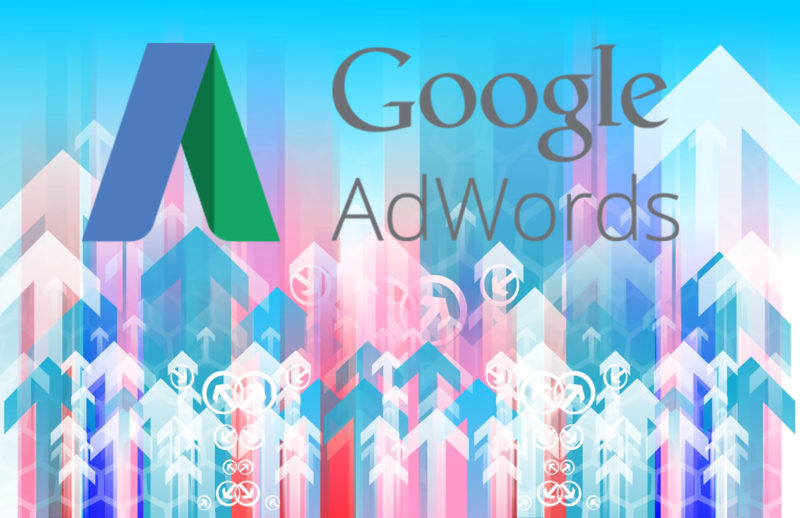
Increasingly our clients are turning to paid marketing to boost their website traffic, and business overall. From motels to sportfishing and construction, Google AdWords appeals to a broad audience of businesses due to its simplicity, and Google’s decade-plus dominance of the search engine market.
Here are some basic strategy points, to optimize an AdWords campaign. The goal is to deliver quality traffic, at the lowest cost possible.
- Campaign Segmentation: Google provides various ways to separate your campaign in order to target or exclude a particular audience. At the campaign level, you can separate the Search Network, from the Display Network. The search network is Google.com and it’s primary search engine partners, while the Display Network could include everything from apps, to any website with Google Ad code. Typically the quality of traffic from the Display network is lower, necessitating lower bids.
- Geographic Targeting: Google allows you to target specific towns, regions and even custom “shapes” drawn on a map to signify your target audience. This minimizes wasted spending.
- Small Ad Groups: Google allows you to group similar keywords, in order to show specific relevant ads. As a result of Google scoring your keywords, based on the relevancy of your ad, having small Ad Groups is key. Example, “cape cod thing 1” and “cape cod thing 2” would be one group, while “eastham thing 1” and “eastham thing 2” would be another. Your ads would include either “cape cod” or “eastham” depending on the group.
- Bid Management: For an active campaign, every other day, or every day management is key to maximizing returns, and minimizing loss. We use Google AdWords software to quickly check bids, and adjust to put placement high enough to generate traffic.
- Conversion Tracking: If you website sells something, or invites users to contact you (lead form) tracking conversions from AdWords is essential to maximize your efficiency. Google can track a conversion, or sale back to the keyword clicked. Allowing you to increase bids on keywords that convert, and reduce bids or remove those keywords that don’t perform.
- Quality Score: When bidding on a keyword or phrase, Google scores your keyword based on your ad and landing page. If you bid on a keyphrase that isn’t relevant to your ad, your score will be lower, and as a result your bid will be higher, forcing you to spend more to deliver traffic.
- Effective Landing Pages: Part of the quality score equation is your landing page. In fact, an essential part of the entire equation is the quality of your landing page. Beyond matching your copy to your ad, and your keyword, having a landing page that converts visitors into leads, or customers will be the difference between success and failure.
